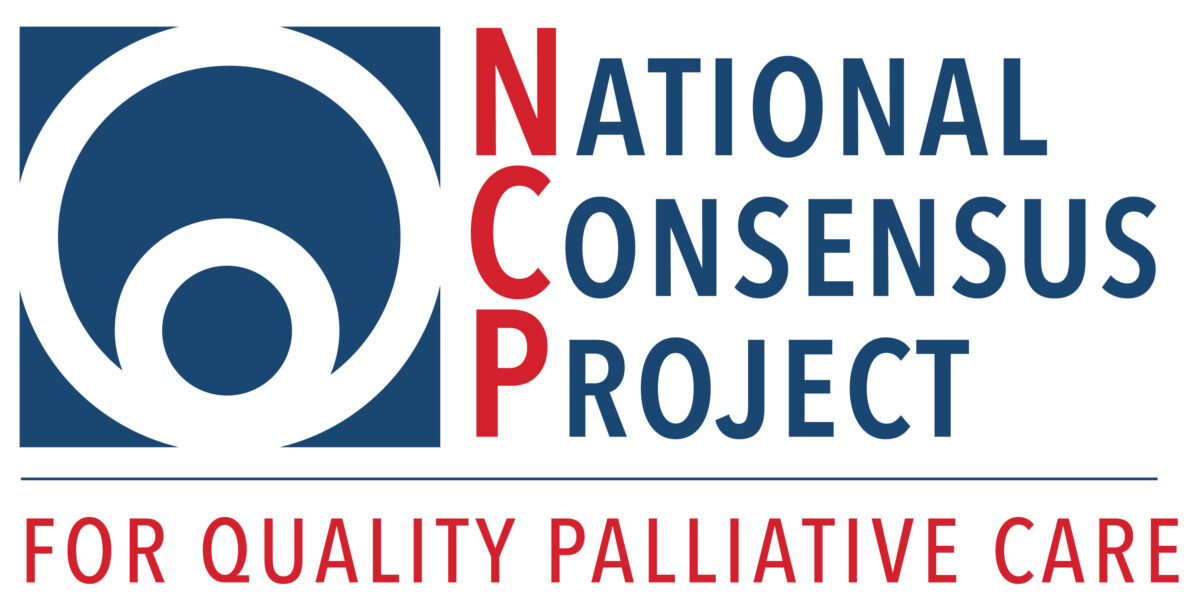Release Date: October 2018
Many people living with a serious illness who are receiving treatment for their condition, whether heart failure, lung disease, cancer or another illness, don’t have access to palliative care, which can make all the difference in how they feel physically, emotionally and spiritually. New palliative care guidelines set out to improve access to this care, which provides relief from the symptoms and stress of serious illness; improves quality of life for both the patient and the patient’s family; and is provided concurrent with disease-focused treatments.
To improve access to this care, new Clinical Practice Guidelines for Quality Palliative Care, 4th edition urge clinicians and health care organizations to integrate it into the services they provide for all people living with serious illness, regardless of their diagnosis, prognosis, or age. The guidelines also call for palliative care to be available wherever people receive their care, including: outpatient clinics, cancer centers and long-term care facilities, office practices, homeless shelters, dialysis units and at home.
LTQA concurs. We have joined more than 80 national organizations in endorsing the guidelines, including the American Heart Association/American Stroke Association, American Board of Internal Medicine, American Academy of Pediatrics, American Cancer Society, American College of Surgeons and American Nurses Association.
The guidelines include tools, resources and practice examples to help with implementation. They expand on the eight domains of palliative care: structure and processes of care, physical access of care, psychological and psychiatric aspects of care, social aspects of care, spiritual, religious and existential aspects of care, cultural aspects of care, care of the patient nearing the end of life, and ethical and legal aspects of care.
So what can you do right now to ensure your patients and their families are getting this vital care?
- Download the guidelines and spread the word to your colleagues.
- Review the eight domains with your health care team and/or your organization’s leadership to assess how you can best address the gaps and needs of people living with a serious illness and their caregivers.
- Identify specific action steps that your organization can implement to provide quality palliative care and focus on the easily attainable goals first.
The purpose of the guidelines is to improve access to quality palliative care by fostering consistent standards and continuity of care across settings. Please join us in this national effort so that all people living with serious illness and their families will receive the best care possible.
Learn more at www.nationalcoalitionhpc.org/ncp and follow the National Coalition for Hospice and Palliative Care at @CoalitionHPC (#NCPGuidelines).

